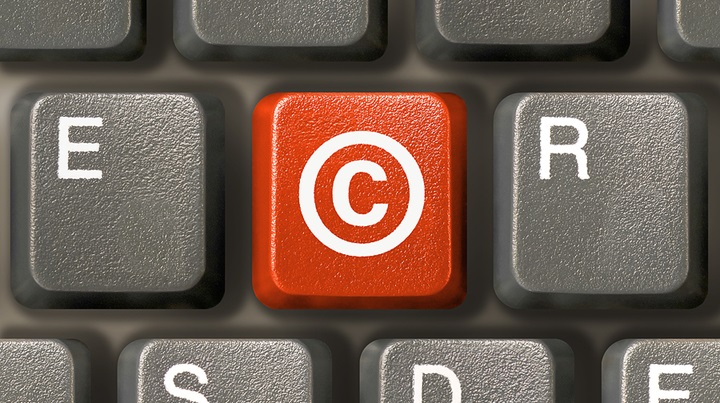The Australian Small Business and Family Enterprise Ombudsman released a guide that aims to raise awareness among small businesses selling online about United States copyright laws such as the Digital Millennium Copyright Act (DMCA).
“We have seen Australian-based small businesses have their livelihoods damaged by unfounded allegations being made under these laws and then have their products taken down without warning by the major selling platforms,” explained Ombudsman Bruce Billson. “If you are an Australian business that sells online, you probably use a US-based platform – like Etsy, Shopify or Square. And this means that the DMCA can seriously affect your business, so it is very important that you know how it works and what your rights are.”
Under the DMCA if a person or a business believes any online content infringes on their copyright, they can contact the online service provider e.g. Etsy or Shopify, and ask them to take down that content through what is called a “takedown notice.”
Billson noted that while the law is designed to protect businesses from intellectual property theft, it can sometimes be used maliciously to put genuine competitors out of business.
“I am very concerned that this law is being weaponised by some unscrupulous competitors to unfairly knock out genuine Australian businesses, so my agency has created a guide to raise awareness about the DMCA among Australian businesses. Australian businesses need to be aware of competitors who seek to manipulate the DMCA for market advantage and understand their rights if this is used against them,” he said.
Billson advised that in the event a takedown notice is received, the concerned small business should immediately seek legal advice so they can take the proper course of action as content subjected to a takedown notice is usually removed without warning.
“Australian businesses can challenge the takedown notice by contacting the person or other business that issued the notice to negotiate removal or they can issue a counter-notice. If you decide to issue a formal counter-notice it will put you under the jurisdiction of the US legal system and the party who made the original claim can take it to court, which can be an extremely expensive battle to fight,” the Ombudsman explained.
Billson pointed out however that a takedown notice does not necessarily mean that the small business in question has breached copyright law but that someone claims the subject of the notice did such a breach.
“This can be a terrible dilemma because we have seen Australian companies forced out of business or lose access to a lucrative market because they could not afford to defend their economic interest. Not responding to a DMCA notice will be interpreted by the platform as a surrender to the claim of copyright violation and will see the removal of the allegedly offending product, service or content affirmed,” Billson explained.
“But sometimes the mere act of issuing a counter-notice causes the original party to back down and the online service provider will restore the content,” he added.
Billson also cautioned Australian businesses not to consider their own unfounded DMCA action against competitors, warning misuse of legal protections could backfire and lead to action being taken against them.
“In all cases, Australian small and family businesses should get their own legal advice if they are hit with a DMCA notice. In addition, they can get support from my agency,” he said.
The Ombudsman’s guide to the DMCA is available at www.asbfeo.gov.au/DMCA.
















